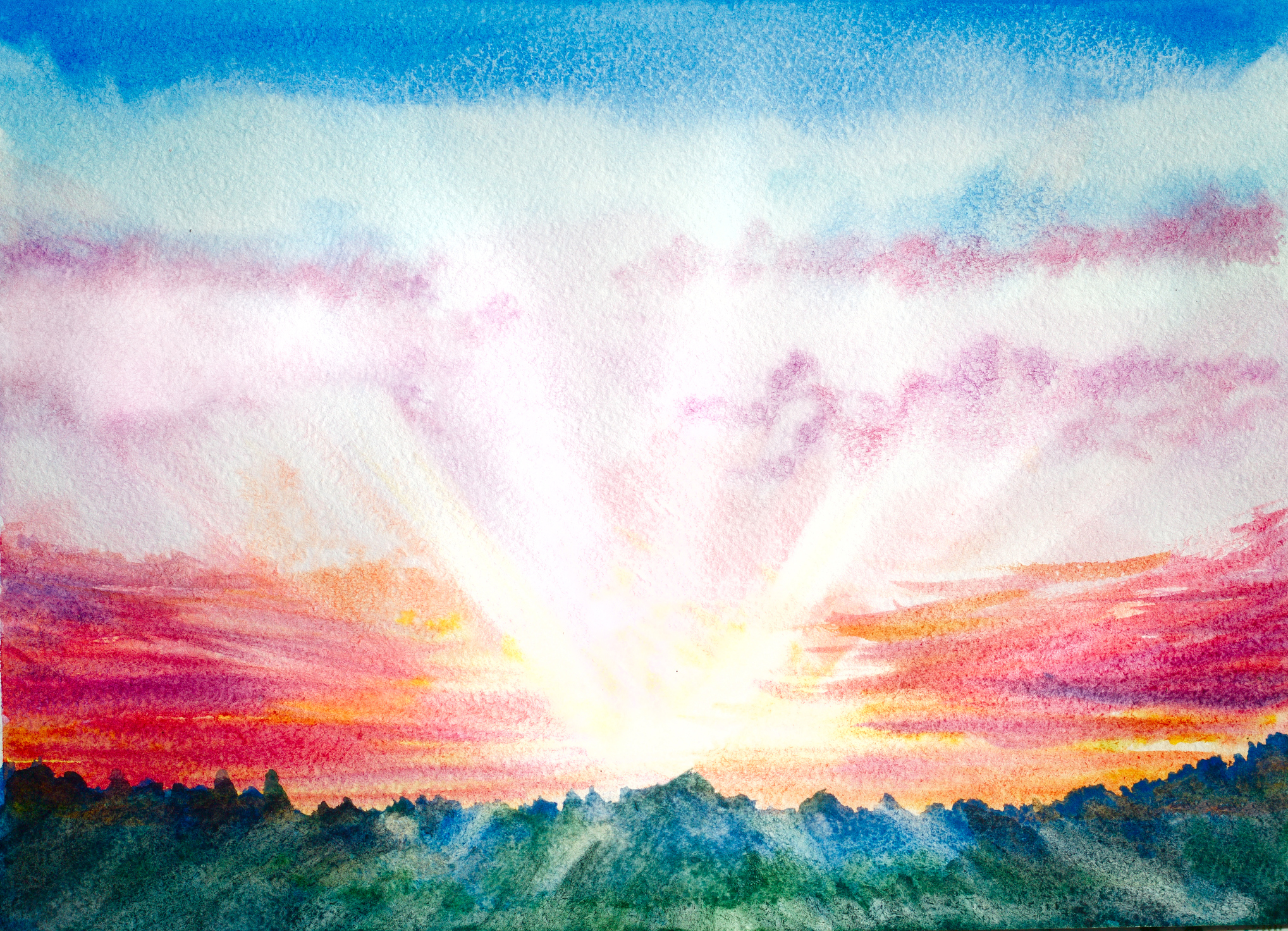Tag: Vista

THE VISTA: April 2025
April 2025 has been a month when many new voices have been waking up and openly decrying the serious crisis facing U.S. democracy; and, at the same time we see...

THE VISTA: March 2025
March has felt like an exceptionally long month, but as we collectively make sense of what is happening in the United States right now, we believe it’s important to listen...

THE VISTA: February 2025
Black History Month was celebrated this February even though “suddenly the study of the Black experience may feel like an act of defiance.” Additionally, the National Day of Remembrance was...

THE VISTA: January 2025
January 2025 has been quite a month so far. We started off by honoring the life and legacy of President Jimmy Carter and reflected on his warnings about the American...

THE VISTA: December 2024
As the year comes to a close, we wish for all our partners deep rest and connection with family and friends. Enjoy this article by the National Civic League to...

THE VISTA: November 2024
Here we are at the end of November on the other side of the US elections, and if you haven’t read enough post-election analysis yet, check out this crowdsourced bibliography...

THE VISTA: October 2024
As the month of October comes to an end, the US elections are finally upon us and there are many resources and insights to support all the diverse efforts underway....

THE VISTA: September 2024
At the UN General Assembly this month, the Pact for the Future was passed, including two annexes: the Global Digital Compact and the Declaration for Future Generations. The School of...

THE VISTA: August 2024
August has featured renewed energy about the upcoming elections, and we continue to focus on how to prevent election subversion in the US while taking stock of the ways states...

THE VISTA: July 2024
What a month! July started off with our Independence Day in the US, including many civic season celebrations around the country. While we are reeling from the murder of Sonya...
